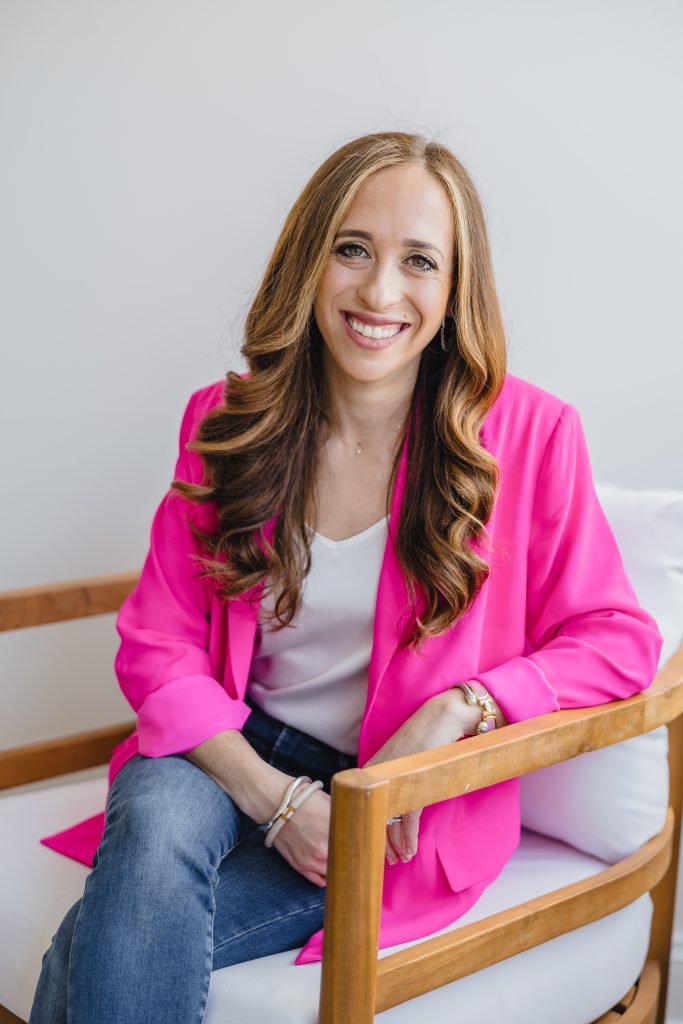Changes in Michigan’s Surrogacy Laws: Podcast Episode #241

Kristin Revere and Jessie Jaskulsky of Surrogacy Simplified discuss the changes in Michigan’s Surrogacy laws on the latest episode of Ask the Doulas. Jessie also provides helpful tips to our listeners considering surrogacy as an option to grow their families. Hello! This is Kristin Revere with Ask the Doulas, and I am excited to chat […]


